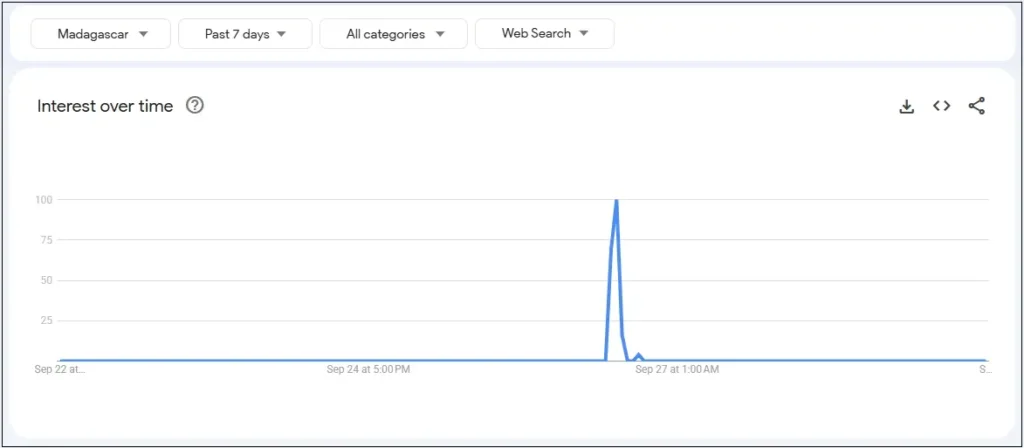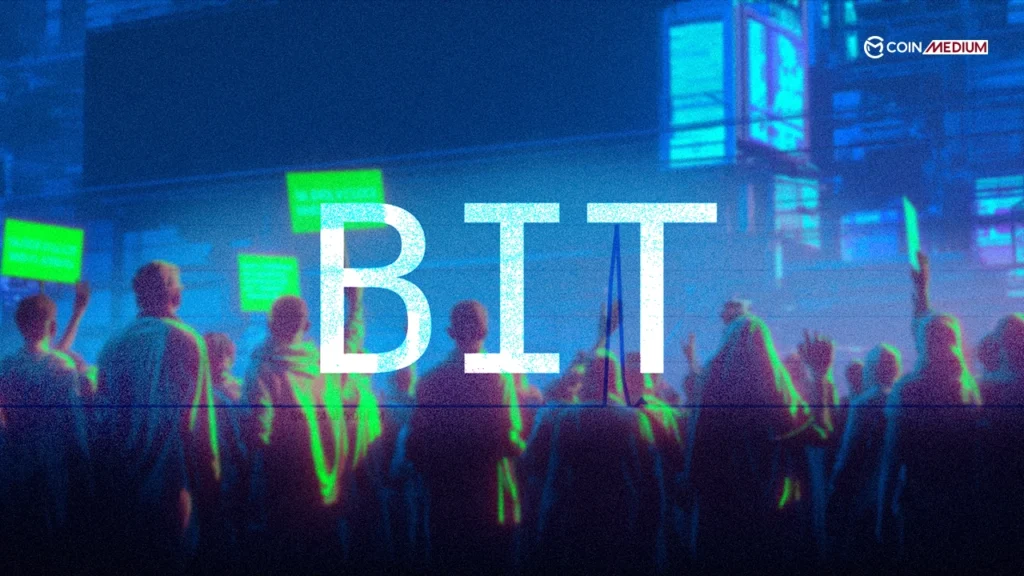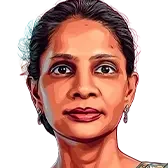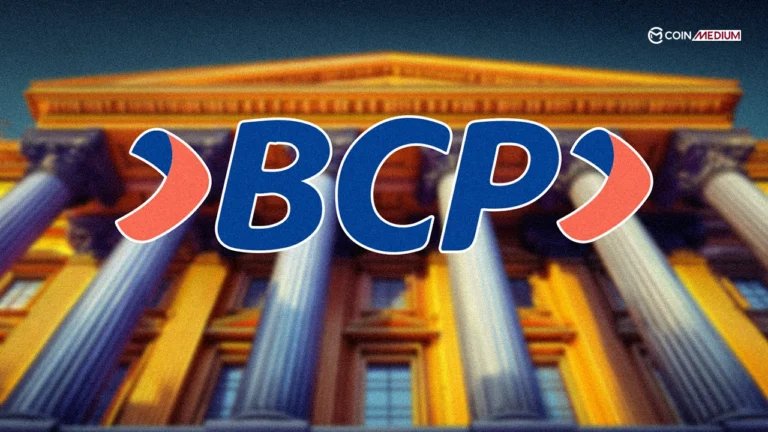When governments silence voices through internet shutdowns and social media bans, determined citizens find new channels to coordinate their resistance. Madagascar’s ongoing protests over crippling water and power cuts have triggered a massive surge in downloads of Bitchat, Jack Dorsey’s decentralized messaging service app that operates without internet connectivity or centralized control.
Google Trends data reveals that searches for ‘Bitchat’ exploded from zero to quite high on Friday in Madagascar, particularly concentrated in the capital city of Antananarivo where protesters clashed with police forces. Related search terms, including “Bitchat download” and “how to use Bitchat”, registered as “breakout topics” on Google for the country, indicating tremendous increases in activity.

The messaging app has garnered over 365,000 all-time downloads since its July release, with more than 71,000 downloads occurring in the last week alone.
Bitchat utilizes Bluetooth mesh networks, providing end-to-end encrypted peer-to-peer connectivity over a distance of up to 300 meters, without requiring internet, phone numbers, user accounts, or centralized infrastructure.
This technical advantage of Bitchat proved valuable in Madagascar, where only 6.6 million residents among a population of 32 million have internet access (according to the estimates of DataReportal).
Demonstrations broke out Thursday in the capital of Antananarivo following recurring power blackouts that have denied citizens a stable supply of electricity and water. Protests soon engulfed the country, with authorities responding with dusk-to-dawn curfews, and ultimately, the energy minister was forced to resign.
Global Pattern of Digital Resistance Emerges
Madagascar represents the latest in a series of nations where political unrest has driven citizens toward decentralized communication platforms. Nepal experienced similar Bitchat download spikes during violent corruption protests that resulted in social media bans affecting 26 platforms, including Facebook and WhatsApp, forcing demonstrators to seek alternative coordination methods.
Indonesia witnessed comparable adoption patterns during nationwide protests over excessive parliamentary allowances, with 11,324 downloads recorded as citizens utilized Bitchat to circumvent surveillance and censorship efforts. These recurring patterns demonstrate growing global demand for communication tools that resist government control.
Bitcoin developer callebtc, who contributes to Bitchat’s development, documented Madagascar’s adoption surge through social media posts featuring protest coverage screenshots, highlighting the application’s increasing relevance during political crises.
Privacy Technology Faces Regulatory Challenges
The rising adoption of decentralized messaging is even more important as the European Union is currently making efforts to implement “Chat Control” legislation that would undermine encrypted communication services. The proposed law would require platforms, including Telegram, WhatsApp, and Signal, to allow regulators to screen messages before encryption and transmission.
Fifteen EU countries currently support the controversial proposal, though this falls short of the required 65% population threshold for passage.
Crypto advocates, including Diode CEO Hans Rempel and Brickken’s Elisenda Fabrega, predict that the proposed regulations may accelerate migration towards Web3 platforms designed with privacy as a fundamental principle. This regulatory pressure could inadvertently strengthen demand for truly decentralized alternatives like Bitchat.
The Madagascar situation illustrates technology’s role in preserving democratic communication rights when traditional channels face restrictions. As governments worldwide grapple with controlling digital discourse, decentralized applications provide citizens with tools to maintain coordination capabilities regardless of centralized platform availability or government interference.








